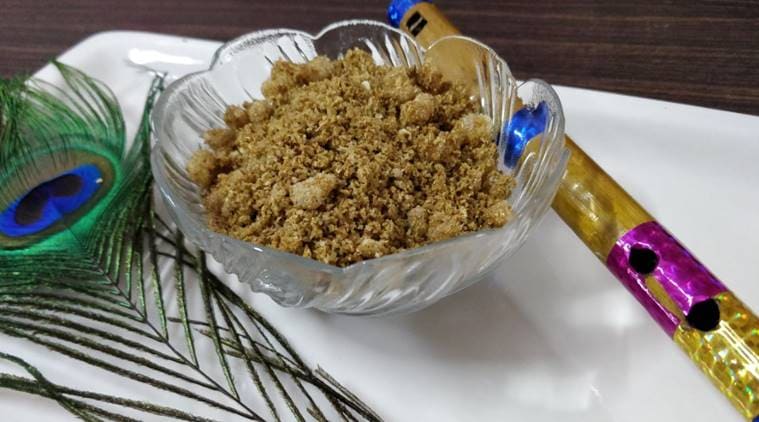Ghee: Why you shouldn’t avoid it this winter

Should you consume ghee? Find out here.

Winter is when our cravings know no bounds, and we end up indulging in fried samosas and hot patties, making our diets go for a toss. So it becomes extremely important that we try to eat as healthy as we can to compensate for the same. As per Ayurveda and several studies, the consumption of desi ghee in nominal amounts as part of one’s regular diet is considered immensely beneficial for health. Desi ghee or a type of clarified butter, made with cow’s milk, should be on your plate even in winter.
Healthy skin

Winter season leads to dry and itchy skin due to lack of moisture. Adding ghee to your diet not only provides the essential fats needed for skin growth and maintenance, but also retains moisture providing you with healthy, glowing skin in winter.
For chapped and dark lips
Take a drop of ghee on your fingertip and massage it gently over your lips until soaked. Leave it overnight. Next morning you will wake up with soft and supple lips.
ALSO READ | Do you have dark lips? Here’s how you can treat them
For dark circles
Give your under-eye creams and serums a break and try ghee instead. It’s cheaper and surely better. Apply ghee on your eyelids and under your eyes every night before sleeping. Wash it the next morning with plain water.
For dull skin
Revive your dull skin by adding ghee to your face pack. Mix ghee with raw milk and besan to make a thick paste. Apply it over your face and neck and leave it for 20 minutes before washing with cold water.
A post shared by Sandy (@chulinpina) on Dec 11, 2019 at 8:13am PST
Helps you stay warm
Just one tablespoon of ghee every day during winters can help you stay warm and healthy. This is because of the fat content in ghee. Additionally, many forms of dietary fat — foods like olive oil and avocado — are now considered hunger-satisfying additions to a healthy diet. While experts still disagree about saturated fat, some no longer consider it an obvious health risk.
Nutrient-dense
While ghee takes longer to make than some other types of clarified butter, it retains more vitamins and nutrients thanks to its low-heat preparation. It is a source of vitamin E, vitamin A, antioxidants and other organic compounds.
Energy booster

According to the book, Healing Foods by DK Publishing House, ghee is a good source of energy. It contains medium and short-chain fatty acids, “of which, lauric acid is a potent antimicrobial and antifungal substance”. You can make delicious ladoos or panjiri with ghee and dry fruits and have it right in the morning for a much-needed energy boost.
Helps prevent cold and cough
Cold and cough are respiratory issues are common during winter. Regular consumption of ghee is known to make the immune system healthy, which helps the body fight infections.
Boosts metabolism
Being rich in butyric acid, ghee can help in lowering inflammation and improving the digestive system. It also helps in the stimulation of stomach acid secretion, which helps in maintaining a healthy digestive system.
Helps in weight loss
Ghee comes packed with essential amino acids that help in reducing belly fat. The presence of omega-3 and omega-6 fatty acids helps you lose body fat.
Despite the numerous benefits, one must ensure that their intake of total fat (including ghee) does not exceed the prescribed limit of fat consumption. People with cholesterol problems should be extra careful.
How much should you have?
A post shared by Rujuta Diwekar (@rujuta.diwekar) on Dec 10, 2019 at 10:47pm PST
Celebrity nutritionist Rujuta Diwekar suggests that it is good to only use ghee as a flavour enhancing ingredient. “Eat only that much ghee that it doesn’t mask the taste of what you are eating,” she said in a video posted on Instagram.
For all the latest Lifestyle News, download Indian Express App
Source: Read Full Article


